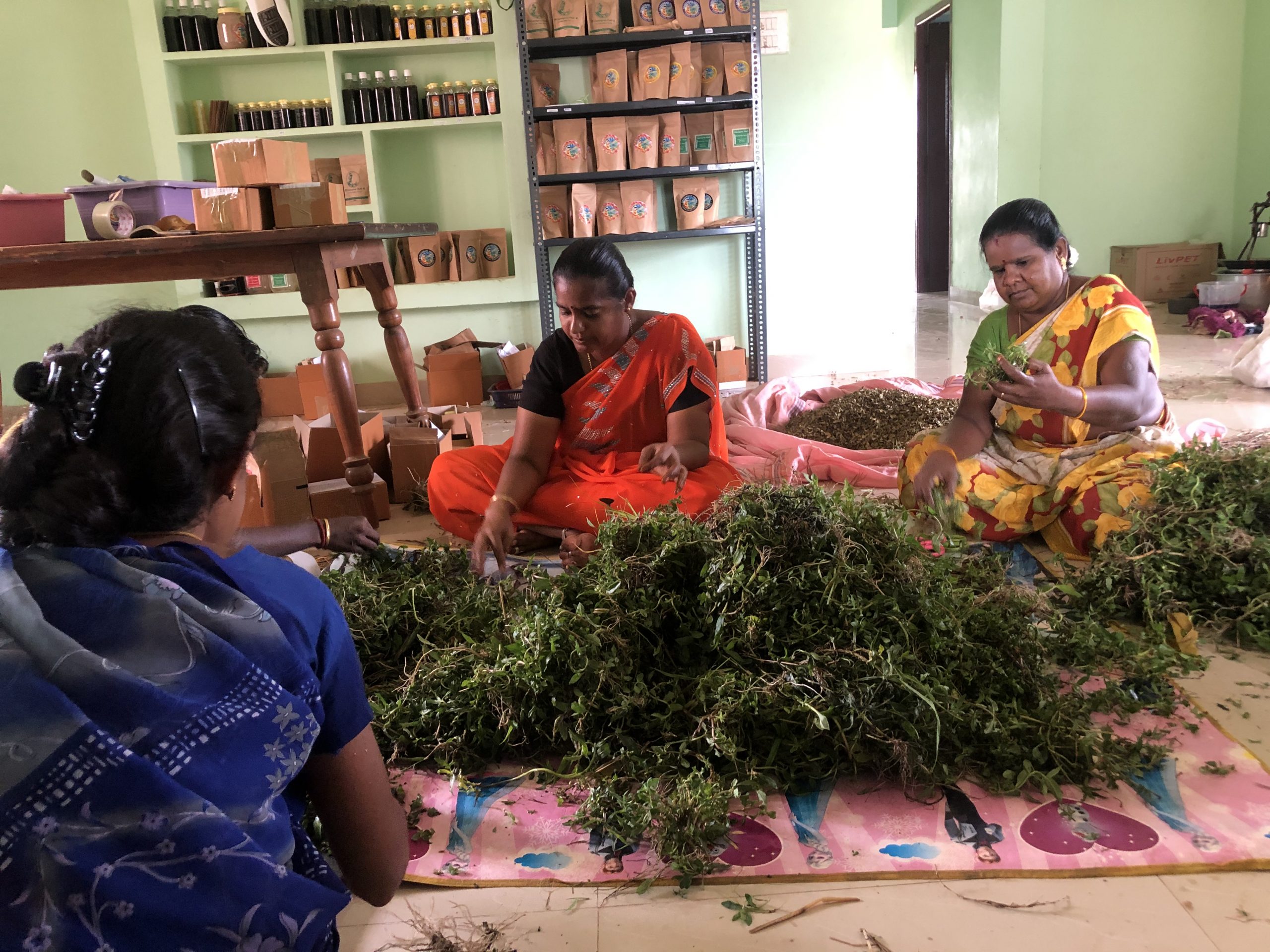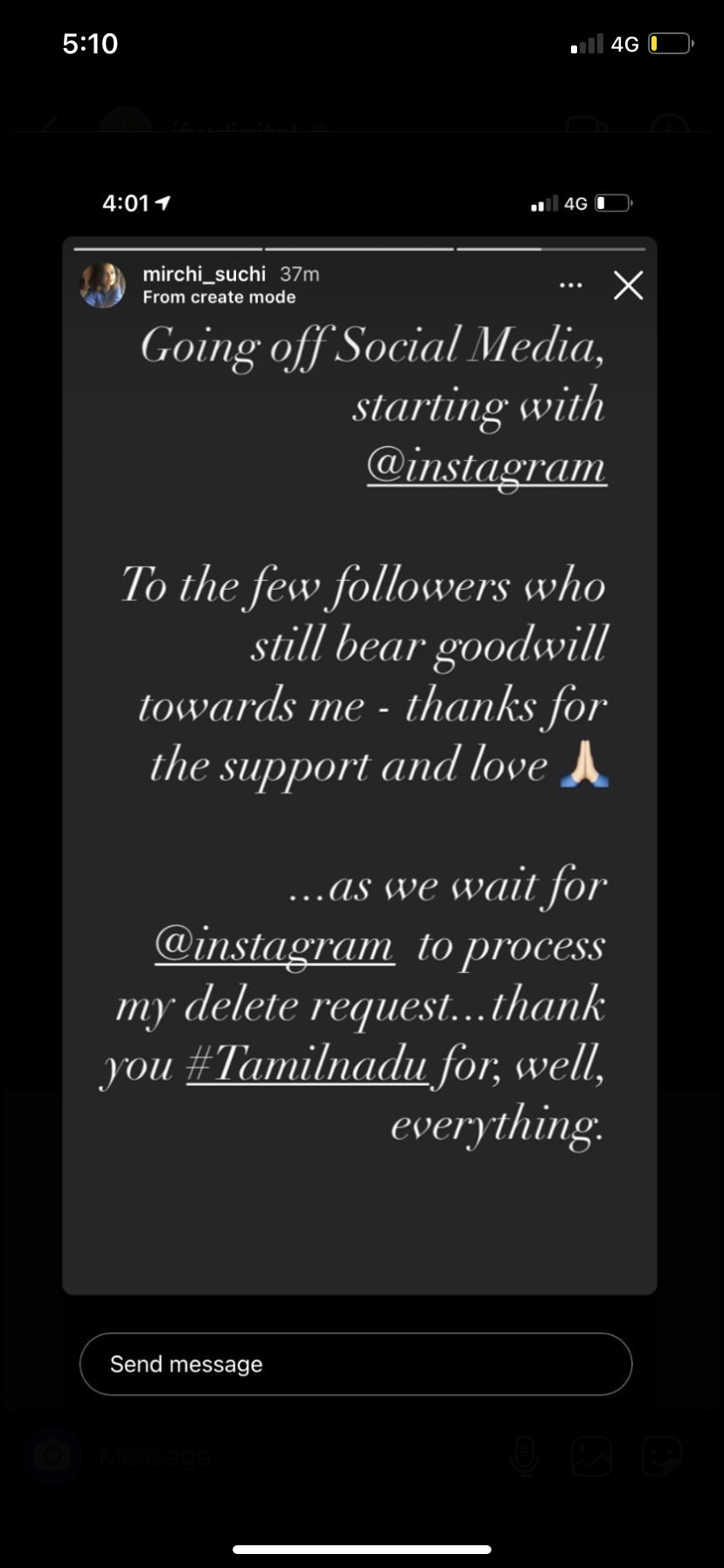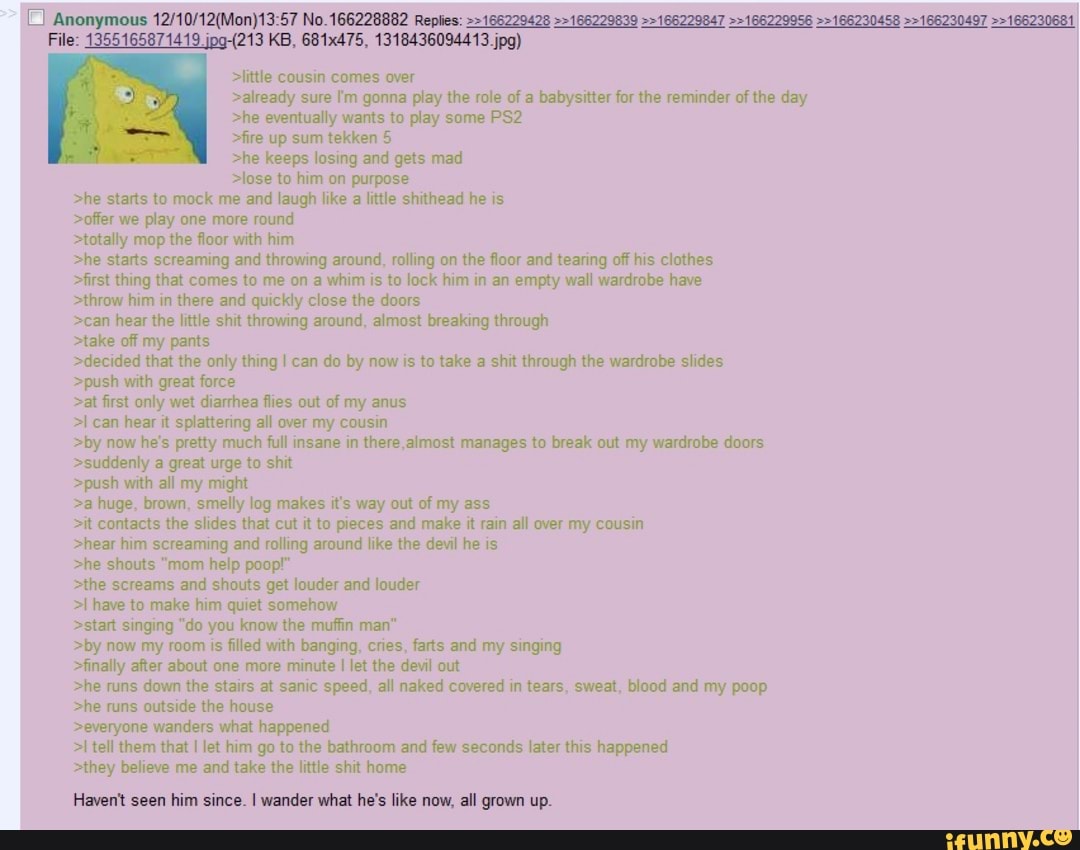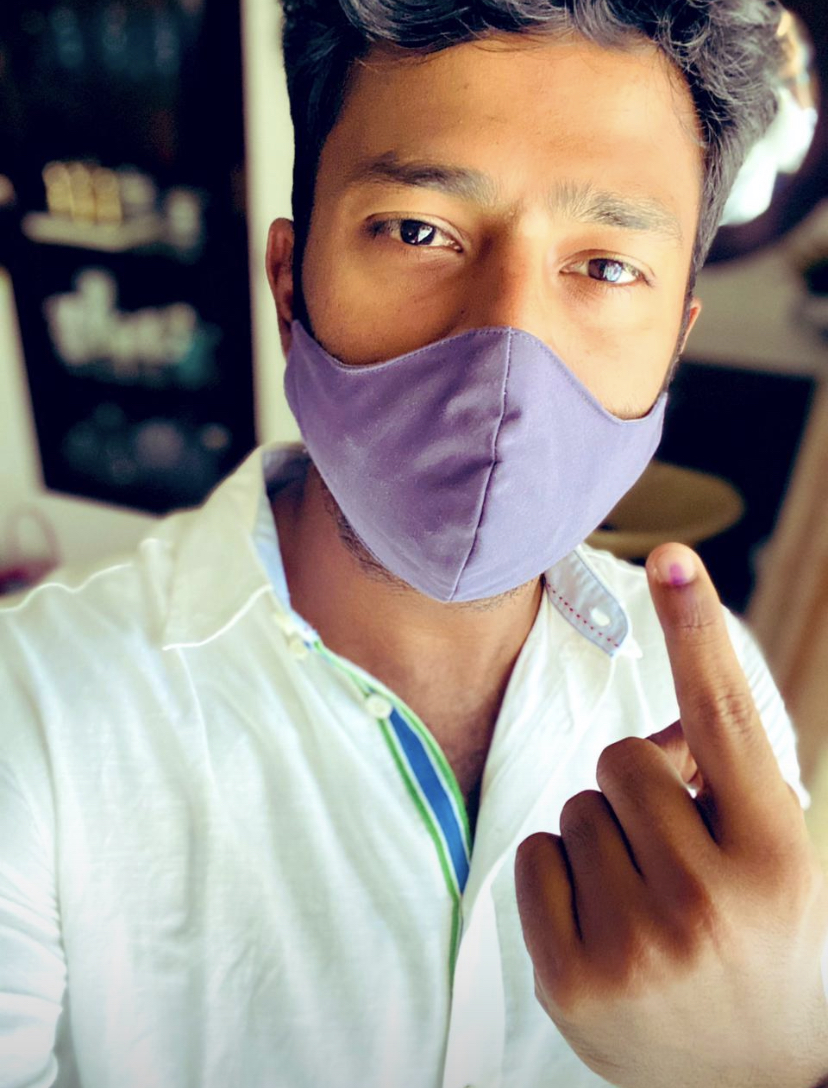Robert Clivillés wrote and produced an instrumental track that was to become "Gonna Make You Sweat". He offered the track to vocal trio Trilogy, but when they declined to record it, Clivillés decided to use the track for his and David Cole's C+C Music Factory. The rap verse was performed by Freedom Williams and the female vocals by Martha Wash. The official music video featured Zelma Davis lip-syncing to the actual Wash's vocal parts. After discovering that the group was using model-turned-singer Zelma Davis in the music video, Wash unsuccessfully attempted to negotiate with the producers of the C+C Music Factory for sleeve credits and royalties. Additionally, the song used an edited compilation of vocal parts that Wash recorded in June 1990 for an unrelated demonstration tape.
On December 11, 1991, Wash filed a lawsuit in the Los Angeles Superior Court against C+C Music Factory's Robert Clivilles and David Cole, charging the producers and their record company, Sony Music Entertainment, with fraud, deceptive packaging, and commercial appropriation. Towards the end of the interview, I asked Martha how she feels when she hears either Black Box or C&C Music Factory as of today. She told me that she feels happy and for "Gonna Make You Sweat " she thinks "people know my voice and what song it is based off of just those three words". She also believes that with the advent of the internet, the recognition for singing these tracks has only grown and people have looked her up and heard the music she has put out more recently because of these staple tracks. Through Martha's fight for credit and how she overcame adversity, she laid the foundation and established the infrastructure for house and dance music to thrive.
The relationship between producers and singers within the genre could have looked a lot different without Martha. "I've had some of my friends and even people I didn't know come up to me and say – I'm glad you did what you did", Martha concluded. "The record label, production company and management told me that it was OK to lip sync in the video as long as I sing live in public," Davis recalls. On the video set, I told members of the crew that it wasn't me singing this particular song. Martha Elaine Wash is an Americansinger-songwriter,actress, andproducer.
Known for her distinctive and powerful voice, Wash first achieved fame as half of theTwo Tons O' Fun, who sang backing for American disco singerSylvesterincluding on his signature hit "You Make Me Feel ". After gaining their own record deal, they released three consecutive commercially successful songs which all peaked at number 2 in the dance charts. The duo was renamedThe Weather Girlsin 1982 after they released the top-selling single "It's Raining Men", which brought them to mainstream pop attention.
The Weather Girls released five albums and were heavily featured on Sylvester's albums. This is not the first C&C Music Factory-related controversy over how its members are credited. In 1991, Martha Wash, who sang the huge vocal hook in "Everybody Dance Now," sued the group after another C&C Music Factory vocalist, Zelma Davis, lip-synced her parts in the song's music video. Had this legislation been in place when Wash recorded her vocals for "Everybody Dance Now" she likely would have been properly credited in the video for her contribution to the song. Wash is also noted for sparking legislation in the early 1990s that made vocal credits mandatory on CDs and music videos. Starting in the mid 1980s, her studio vocals were used in numerous successful dance songs without her permission.
Models lip synced to her voice both in music videos and duringlive performances. As a result, Wash's identity was unknown and she was denied credit and royalties for many of the songs she recorded.This includedplatinum-sellingsong "Gonna Make You Sweat " as she had been labeled "unmarketable" due to her weight. Subsequently, inRolling Stone, music critic Jason Newman described Martha Wash as "The Most Famous Unknown Singer of the '90s". In December 2016,Billboard magazineranked her as the 58th most successful dance artist of all-time. In a coincidental turn of events, a few months later Black Box put out the music video for "Everybody, Everybody" and once again – it featured a different woman lip syncing Martha's vocals. The videos for "Strike It Up", "I Don't Know Anybody Else" and "Fantasy" featured the same treatment.
We need to keep in mind here that these were the days where the music business and record labels were mostly responsible for an artist's promotional image. Music videos were one of the most important sources of seeing and being seen for popular musicians. Having someone else appear in a music video lip syncing to your vocals is perhaps the modern day equivalent to having another person pretend to be you on Instagram. When I asked Martha why these groups chose to have a model lip syncing her vocals, she said that it "could have possibly been my size" and that "they wanted a different person to be at the forefront".
She said "I've dealt with this all my life, I wasn't going to let it get in the way of what I was doing" but to the music industry sometimes "image is everything". Martha Wash was sitting in a Los Angeles hotel room, furious and confused. It was late 1990 and the singer, relaxing before a show that night, had decided to unwind with some channel surfing. She stumbled upon a new music video by Italian house group Black Box, whose synth lines, horn stabs and pulsating, club-tailored drum patterns had already made them dance music stars. When the song's vocals kicked in, she was shocked to see French model Katrin Quinol, the ex-girlfriend of founding member Daniele Davoli, bending over and crouching in a unitard, lip-syncing Wash's vocals to the eventual hit "Everybody Everybody." "Gonna Make You Sweat " is a hit song by American dance group C+C Music Factory.
It was released in late 1990 as the debut and lead single from the album Gonna Make You Sweat. The song is sung by singer Martha Wash and rapper Freedom Williams. It charted internationally and achieved great success in the United States, Austria, Germany, the Netherlands, and Switzerland, where it reached number one on the charts. Of course, one other direct result was that RCA's parent company BMG Records not only settled the suit, but signed Wash to an eight-year, eight-album contract.
The first album she released with them, a self-titled '93 release, notched two more #1 Billboard Dance Chart hits and her first as a solo artist ("Carry On" and "Give It To You"). The following year, C+C Music Factory finally brought Wash into the fold for second album Anything Goes! Even after all of Wash's personal lawsuits, though, the story was far from over. In November 1990, nine days after Fab Morvan and Rob Pilatus admitted that they didn't sing on any songs by Milli Vanilli, multiple class-action consumer fraud suits were filed by those who bought Milli Vanilli and Black Box albums. In their legal defense, even RCA, the label behind Black Box, said they thought Quinol, not Wash, was the actual singer on the album.
As a result of the lawsuits, record labels were forced to assign proper vocal credit for all albums and music videos. In 1989, Wash received a call to record with a trio of Italian house music impresarios named Groove Groove Melody, who produced for outside singers. Although a settlement was eventually reached, the trio subsequently hired British singer Heather Small to replicate Holloway's sampled vocal slices and re-released the song, assuming that no one would know — or care — enough to notice. It was released in late 1990 as the lead single from the album, Gonna Make You Sweat.
The song charted internationally and achieved great success in the United States, Austria, Germany, the Netherlands and Switzerland where it reached number one on the charts. In the early 90s, the C+C Music Factory took the music industry by storm. The group, which was comprised of two talented Technotronic and Black Box music producers, Robert Clivillés and David Cole, and a variety of singers who were featured on various projects, sold millions of records. The group became a distant memory after a gradual decline, following their 90's reign and a highly-publicized lip-syncing lawsuit. Clivilles and Cole, the C+C of the group's title, were among the most successful producers of the 90s, producing records under the C+C title. The duo was also known for their remixes and worked with some of the worlds biggest artists from Michael Jackson to Taylor Dayne to Natalie Cole.
They both worked closely with Mariah Carey that when Cole died, she penned the song "One Sweet Day (feat. Boyz II Men)" in tribute to him. Wash and Davis shared leads on another number-one hit, "Do You Want to Get Funky," ending rumors that their was conflict between them. C+C Music Factory released three studio albums in the 90s but the first was the group's most successful.
Williams made a solo record in 1993, called "Freedom," that was moderately successful. The cause was announced by Robert Clivillés as complications from spinal meningitis brought on by AIDS. Davis still continued to perform around the world and Clivilles continued to produce, write, arrange and remix.
The problem, at least for Seduction and Black Box and C+C, was that more than enough people in the industry recognized Wash's voice when they heard it that word got around anyways. People started asking questions, and soon enough Wash realized that those demo tracks she'd recorded for other singers weren't actually using those other singers. That's also how she settled her suits with Seduction's label A&M and Black Box's label RCA — the latter of whom didn't even know it was Wash providing the vocals on the album in the first place. According to Wash, she was paid a flat fee to record demos to be presented to other singers. Instead, the producers included her vocals on nearly every song on Black Box's debut album Dreamland, including future hits "Everybody Everybody," "I Don't Know Anybody Else," "Fantasy" and "Strike It Up." Wash was never credited in the album's liner notes.
While none of the producers in Black Box publicly said why Quinol was used as the face of Black Box in videos over Wash, it wasn't hard to figure out. When Dreamland was released in May 1990, the cover featured a crouching Quinol, clad in a cropped jacket and mini skirt, showing off her toned legs and staring longingly. Many believe Martha's lawsuits spawned an early 1990s crackdown on fraud in the music industry. This culminated in the Milli Vanilli scandal, where the group were caught lip syncing live on MTV and later admitted that they didn't sing on their records. They had a class action lawsuit filed against them, where 10 million record buyers and concert attendees were eligible for a refund. They also ended up returning their 1990 Grammy award for "Best New Artist".
"The time frame between my cases and Milli Vanilli was so close, it was almost uncanny" states Martha. "It was a worldwide exposure" of the kind of practices Martha fought against. The official answer remains elusive, but in Martha's opinion "Gonna Make You Sweat " was released as a single and took off before they were finished with a full album, which would come a month later. Davis sang on the rest of the album's songs, so Cole and Clivilles did not think it was such a big deal for her to be center stage in the video for this song as well, although she had no part in it.
In the scramble to put out the music video, Martha believes they decided to cast Davis and thought "they would get away with it and no one would notice". Almost as an ode to their name, C&C Music Factory became so lost in manufacturing a hit that they used a musician as an uncredited cog in a machine. No less importantly, Wash became an accidental linchpin for artists' rights. After the singer brought various lawsuits against producers and record labels for proper credit and compensation, federal legislation was created making vocal credit mandatory for all albums and music videos.
Martha Wash has been the lead singer on hits by Black Box, Seduction and C.&C. But no one who has seen the video clips or bought the records would have known it. As with Milli Vanilli, the two singers who were recently stripped of their Grammy Award after they admitted taking credit for vocals they did not sing, photogenic young dancers lip-synched Ms. Wash's voice on video clips and, with Black Box, onstage. The song held the top spot in the US Billboard Hot Dance Club Play for five weeks in December 1990, and topped the Billboard Hot 100 for two weeks in 1991 (February 9 and February 16.) It also topped the Canadian RPM Dance Chart.
In Europe, it peaked at number-one in Austria, Germany, the Netherlands and Switzerland. The single managed to climb into the Top 10 also in Belgium, Denmark, Finland, Greece , Iceland, Norway, Spain , Sweden and the United Kingdom, as well as on the Eurochart Hot 100, where it hit number 2. In the UK, "Gonna Make You Sweat " peaked at number 3 in its sixth week at the UK Singles Chart, on January 13, 1991, a full month before its American pop success. It even found success in the urban contemporary music world as it crossed over to the R&B charts where it reached number-one for a week. Additionally, it was a Top 20 hit in Ireland and a Top 50 hit in France.
In Oceania, the single peaked at number 2 and 3 in New Zealand and Australia. It earned a platinum record in the US, after 1 million singles were sold there. Music critics praised "Gonna Make You Sweat" for Freedom Williams' Ice-T-like rap delivery in conjunction with Martha Wash's powerful, exuberant, post-disco vocals and deemed the song as a bona fide classic. This American music group was formed in 1989 by David Cole and Robert Clivillés. Best known for their chart topping hits "Gonna Make You Sweat ", "Here We Go (Let's Rock & Roll)", "Things That Make You Go Hmmmm…", "Just a Touch of Love", and "Keep It Comin'". The group stopped recording and releasing songs in 1996 following the death of Cole.
In 2010 C+C Music Factory reformed with Eric Kupper replacing founder Cole. C+C Music Factory have earned a total of 35 music industry awards worldwide, including five Billboard Music Awards, five American Music Awards, and two MTV Video Music Awards. Billboard magazine claimed they were on of the most successful dance artists of all time. Then in his mid-20s, Williams had a rich, baritone timbre and a rhythmic flow that was at once deadpan and bombastic.
(According to Discogs, Williams also has writing credits on four other tracks from Gonna Make You Sweat. Wash was listed as a backup singer on the album, though not the lead singer). Clivillés claimed that's as far as Williams' contributions went. "He had nothing to do with the photo or video sessions, the creation of the music, or the rest of the songs in the [C&C Music Factory] catalog," Clivillés said. No, the singing came courtesy of Martha Wash, seen below from a 1980s music video for her hit song "It's Raining Men," from her singing duo, The Weather Girls (along with Izora Rhodes, who she met when both women were working as backup singers during the late 1970s/early 1980s).
C and C Music Factory ("Everybody Dance Now") is one of the greatest dance groups of the nineties. Following on the success of contemporaries Black Box and Technotronic, the single "Gonna Make You Sweat" was a worldwide smash. David Cole and Robert Clivillés' (C + C) music playing on the album with their rapid paced keyboard playing and rhythms are just superb on all the tracks. C+C is the cornerstone of intelligent and masterfully produced dance music featuring rapper Freedom Williams and Zelma Davis on vocals. While performing with Izora Armstead, Martha met David Cole who "sort of became a music conductor for The Weather Girls".
Cole was a music teacher turned record producer and club music DJ along with his partner Robert Clivillés. David and Robert recognized Martha's talent and recorded a variety of vocal demos with her once she went solo. For better or worse, Cole and Clivillés were about to kick off 1990 with one of the biggest dance hits of all time under their new moniker – C&C Music Factory. At one point in 1991, Wash battled herself on the Billboard Hot Dance Club Songs, as "Gonna Make You Sweat" and Black Box's "I Don't Know Anybody Else" both bounced around the Top 5 for weeks on end. The record was released by Robert Clivillés using the C+C Music Factory name, though it did not feature any musical contributions from Cole, Davis, or Wash, but retained the vocal contributions of Trilogy. The album's lead single, "I'll Always Be Around", became their seventh number-one dance hit.
The second single, "Don't Stop the Remix", was the group's final release before disbanding. As their creation took off in sales and popularity, Cole and Clivilles released Greatest Remixes Vol. 1, a collection of singles including two C + C Music Factory songs and new versions of songs already performed by various artists. In response to Clivilles and Cole taking the credit for the success of the group, Freedom Williams left C + C Music Factory in a bitter split. Like Martha Wash, he filed a lawsuit against the producing duo claiming damages totaling $10 million. Williams charged them with breach of contract and failure to pay royalties for publishing, merchandising, and recording.
After the first album, things gradually went downhill and despite the group's success, they found themselves in the midst of controversy due to lip-synching allegations. The song many of us know simply as "Everybody Dance Now" isn't actually called "Everybody Dance Now," by the way. In the nearly 30 years since, it has become what I feel comfortable saying is the most recognizable dance song of the '90s, if not in history; the list of movies and TV shows in which it has appeared is pretty astonishing. (It includes five separate episodes of The Simpsons with air dates ranging from 1994 to 2011, for example.) I'm pretty sure starring in the story of Man Who Receives Ticket For Singing is a new usage of it, although it's also no stranger to controversy.
The music video for the song was directed by German director Marcus Nispel and featured dancers performing in front of a white back drop. Zelma Davis lip-syncs to the recorded vocals of Martha Wash. With its instantly recognizable staccato guitar riff and soulful, core-rattling refrain—"Everybody dance now!," scream-sung by 90s vocalist Martha Wash—the song has become something of a pop music cliché.
Wash was fed up and angry, livid that just because she wasn't a size four someone could pass off another person as her. The slight was a painful reminder of her days getting bullied as a child over her weight. Except now, she had some success behind her to do something about it. In July 1990, the singer filed her first lawsuit against Clivillés, Cole and Seduction's record label A&M Records for unauthorized use of her voice. Two months later, Wash would file another lawsuit against Black Box and RCA Records for "commercial appropriation," claiming she never received proper credit for any of the Black Box songs.
No less importantly, Wash became an accidental linchpin for artists' rights. At one point in 1991, Wash battled herself on the Billboard Hot Dance Club Songs, as "Gonna Make You Sweat" and Black Box's "I Don't Know Anybody Else"both bounced around the Top 5 for weeks on end. In 1979, Songwriters Paul Shaffer and Paul Jabara wrote a tongue in cheek song about men of all sizes and shades falling down from the sky. With homosexual undertones quite controversial for the time, the track was turned down by Barbara Streisand, Donna Summer, Diana Ross and Cher. By 1982, Jabara was begging Martha Wash to sing the song with The Weather Girls. Martha was initially hesitant about it but told us "Jabara was insistent, he was convinced it was going to be a hit".




























